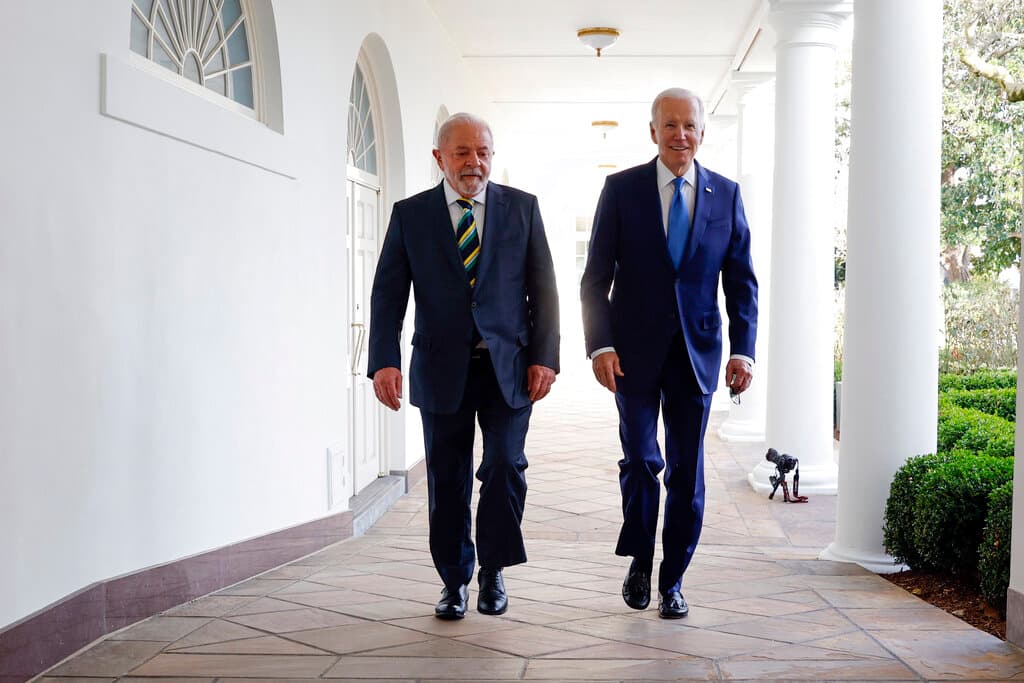Brazil’s da Silva Due at Beijing as Latin America Careers to the Left
The leftist leader will, among other things, press for his proposal to end the war in Ukraine.

President da Silva of Brazil, in the latest step in the entente with Communist China, will visit Beijing next month for a meeting to discuss trade, investments, and the war in Ukraine.
Please check your email.
A verification code has been sent to
Didn't get a code? Click to resend.
To continue reading, please select:
Enter your email to read for FREE
Get 1 FREE article
Join the Sun for a PENNY A DAY
$0.01/day for 60 days
Cancel anytime
100% ad free experience
Unlimited article and commenting access
Full annual dues ($120) billed after 60 days

